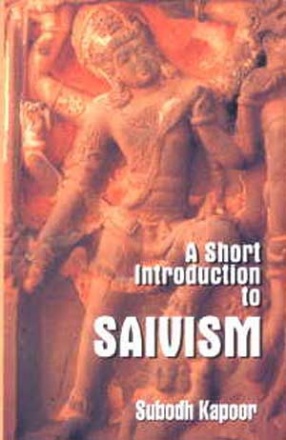
Subodh Kapoor

Showing all 21 books

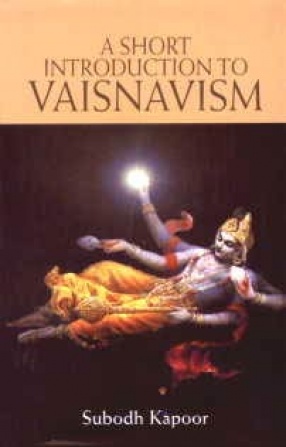
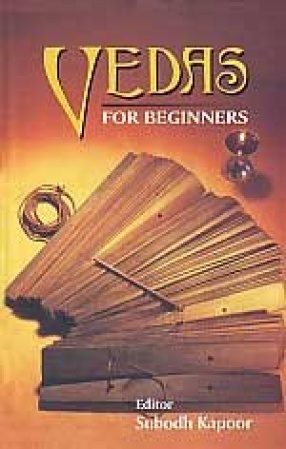
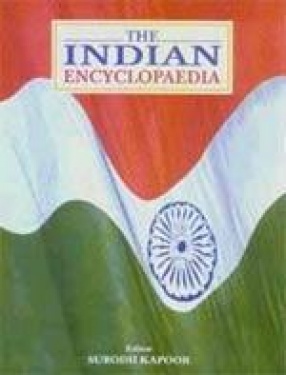
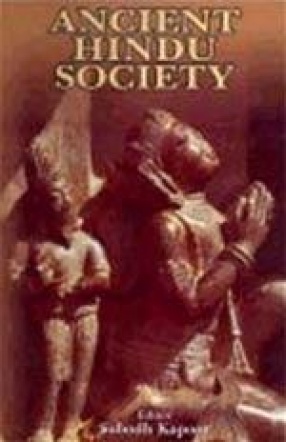
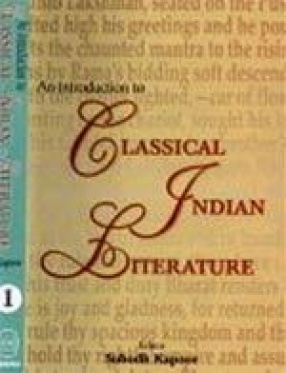
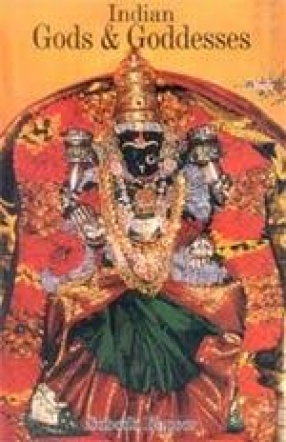
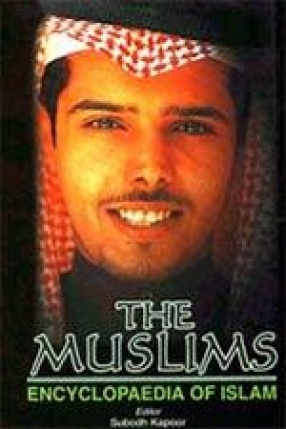
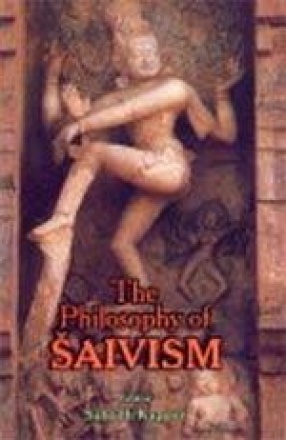
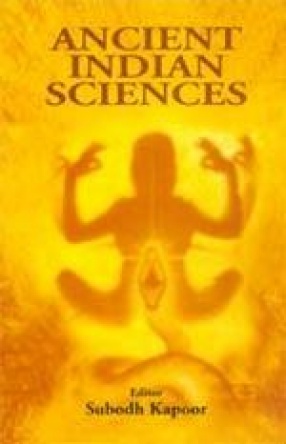
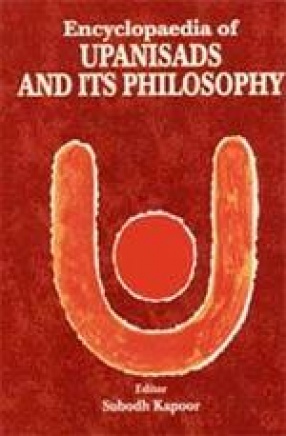
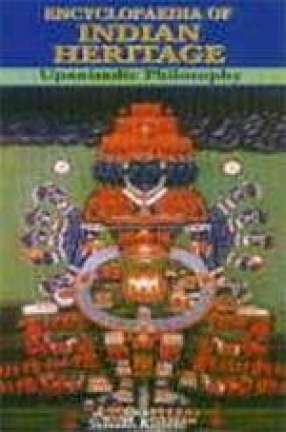

Shaivas are devotees of the Hindu God Shiva. While Shaivism contains within it a number of traditions and theologies, Shaivas will regard Shiva as the transcendent Lord who creates the cosmos, maintains it and destroys it over and over again. He also conceals himself through his magical power (maya) and reveals himself through grace. Most Shaivas believe in the standard Hindu doctrine that the soul travels through many lifetimes in the cycle of reincarnation ...

Vaishnavas worship Vishnu in his various forms and are one of the three major groups of Hinduism, the others being Shaivas and Shaktas.In the trinity of Vishnu, Shiva, and Brahma, Vishnu is the sattva quality of a centripetal tendency towards light and truth, which holds the universe together by pervading all existence. Vishnu comes from a root meaning “to pervade “, and he is know as the Pervader. Thus Vishnu dwells in everything and defeats the ...

The oldest scriptures of India, and the most important, are the Vedas. Orthodox, Hindus, who include all schools of Indian thought past and present, recognize in them the origin of their faith and its highest written authority. For the vast majority of modern Hindus, therefore, amongst all their sacred writings, the Vedas supreme.The term Vedas not only names a large body of texts composed in times indefinitely remote, and handed down by generation after ...
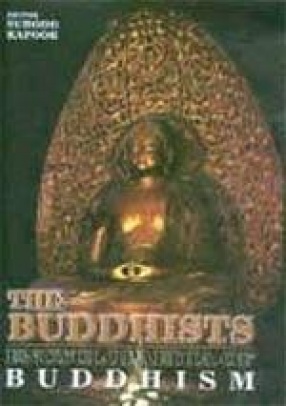
Buddhism, a world religion dating back over 2000 years, once dominated great tracts of Asia and still commands the loyalty of millions. Thanks to the lavish and devoted patronage, it came to possess a wealth of temples and monasteries, and art traditions as varied, as they can be sublime. Its concern with universal salvation also ensured a long development of doctrines and philosophy, creating a vast literature in many languages. The more one investigates the ...
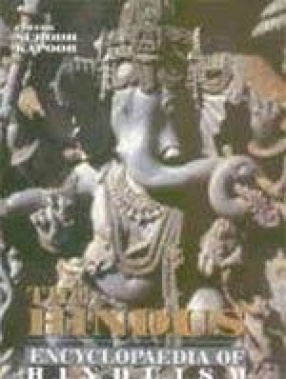
Hinduism has marched through the ages, almost unaffected by external onslaughts. The more one prys into and study the ancient civilization and culture of India, more one is truck by the gigantic dimensions, excellence and enduring character of Hindu traditions. Everything in India has been on a colossal scale; its mountains, rivers, its wealth-- both spiritual and material--and its literature--Vedas, Vedanta, Upanishads, Epics, Dramas etc. They breathe the ...

The growing importance of India as an emerging superpower and an economic power-house has emphasized the need for a compact and authentic information, on and about India, for easy processing and decision-making, by countrymen and foreigners alike. This work compiles the vast and varied literature, and is the biggest, most comprehensive, and an ambitious first attempt, the need for which was long felt. The subject matter of this Encyclopaedia is not only India but ...
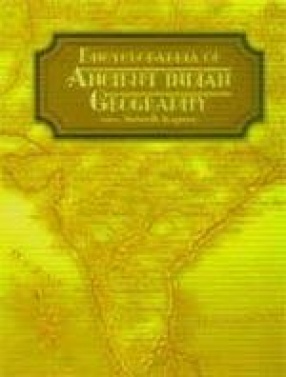
Ancient geography is an essential adjunct to history and the usefulness of a compendium of such geographical information for a full and just appreciation of the later hardly needs any mention, specially when time has mutilated or obscured the ancient names of places that usually figure in the historical narratives. Indian history, ancient or mediaeval, and the documents upon which it is principally based, is full of these names; and unless they are elucidated in ...
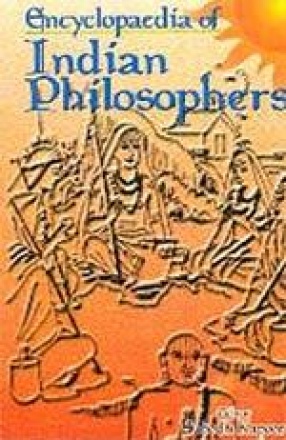
It is stated by an eminent scholar that India has been a nation of philosophers having produced a galaxy of wise thinkers and geniuses from the earliest times beginning with the Vedas of hoary antiquity down to the modern period. Thus we find in the list of philosophers the names of Apantaratamas, Vasistha, Viswamitra, Vamadeva, Yagnavalkya, Sanatkumara, Sandilya and others as Vedic seers; Jaimini and Vyasa as the founders of the Purva-mimamsa and Uttara-mimamsa ...
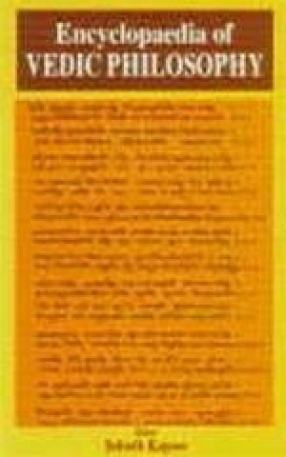
The orthodox Hindu regards the Vedas as his highest written authority. Any subsequent scripture, if he is to regard it as valid, must be in agreement with them, it may expand them, it may develop them, and still be recognized, but it must not contradict them. They are to him, as nearly as any human document can be, the expression of divine truth. At the same time it would be a mistake to suppose that his allegiance to their authority is, in the final analysis, ...

The most interesting characteristic of ancient India was the evolution of a social organism for preserving and protecting the heritage, adapting it to new conditions and transmitting it to posterity. The factors of this organism were bound to each other by the one consideration of service and self-sacrifice. The fighting classes ensured the defence of the cultural citadel of Dharma, developed their resources in its behalf, and shed their blood in its defence. The ...

The great classical Indian literature was the result of the experts who were masters of the learning of their day, long trained in the use of language, with the aim to please the learned audience and readership by subtlety, not simplicity of effect. They had at their disposal a singularly beautiful speech, and they commanded elaborate and most effective metres. This literary heritage is clearly the epitome of feeling for life and nature matched with perfection of ...

The multiple Gods and Goddesses of the Hindu pantheon are an expression of the Hindu psyche continuing over centuries and still expressed in contemporary rituals. These divinities and their mortal expressions in sages, heroes and divine incarnations are an indivisible part of Hindu culture. An understanding of the diversity of the Hindu pantheon discloses the deep philosophical roots behind these manifestations, who represent, as it were, the fundamental ...

The Encyclopaedia of Islam, as the name implies, proposes to give its readers full and authoritative information on the entire cycle of Islamic interests, actions and doctrines. What Islam teaches and has taught; what has it done and is still doing for the development of human kind; its methods, past and present; its struggles, the triumphs, and the achievements of its adherents, not only for its own immediate benefit, but for the broadening and deepening of all ...
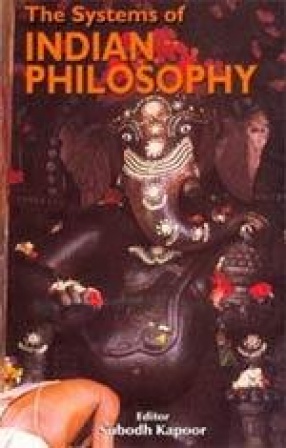
Traditionally, six schools of thought propagated Vedic wisdom, each from a different philosophical perspective. Each of these perspectives or darshanas is associated with a famous sage who is the author of a sutra (code) expressing the essence of his darshana. The sad-darshana (six philosophical views) are nyaya (logic), vaisesika (atomic theory), sankhya (analysis of matter and spirit), yoga (the disciplinie of self-realization), karma-mimamsa (science of ...
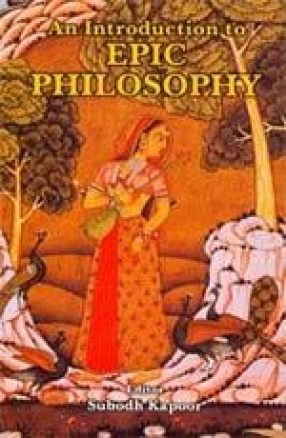
The Epic Age of India was an age of Light and Darkness, Peace and Unrest, Progress and Decline, Prosperity and Adversity – an age of proud self-assertion and fiery valour. It was an age of excellent learning, culture, religion, philosophy. Moral and manners, solemn rites and pompous ceremonies. It was an age where the learned Rishis became the pioneers of civilization. They traveled all over India, selected suitable sites fir their hermitages on hill-tops, by ...

Saivism, may be defined as the setting aside of the triune equality of Brahma, Vishnu, and Siva, and the merging of the former two Gods in the God -- Siva. But it is also more than this. It is supreme being, infinite, eternal, an exempt from subjection to the law of ultimate absorption into the universal spirit. Rudra appears quite early in the Veda with a well-recognized and well-marked personality of his own. He is an important deity, whose anger is to be ...
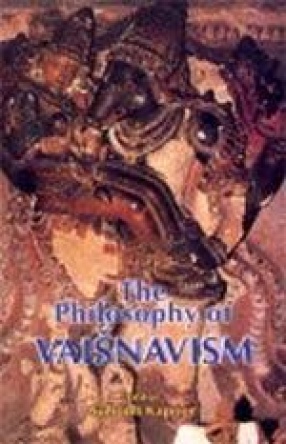

Contrary to the popular perception that Indian civilization has been largely concerned with the affairs of the spirit and "afterlife", India's historical record suggests that some of the greatest Indian minds were much more concerned with developing philosophical paradigms that were grounded in reality. The premise that Indian philosophy is founded solely on mysticism and renunciation emanates from a colonial and Orientalist worldview that seeks to ...

In the long history of man’s endeavor to grasp the fundamental truths of being, the metaphuysical treatises known as the Upanisads hold an honoured place. They represent the earnest efforts of the profound thinkers of early India to solve the problems of the origin, the nature, and the destiny of man and of the universe, or-more technically-the meaning and value of ‘knowing’ and ‘being’. They are replete with sublime conceptions and with intuitions of ...
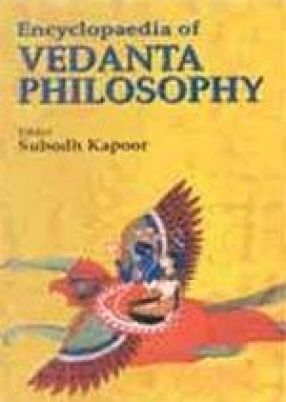
If philosophy is but life brought to the focus of self-consciousness, then, assuredly, Vedanta, as Max Muller puts it, â€is clearly the native philosophy of Indiaâ€. The ideas of Vedanta permeate and enliven the cultural atmosphere in a way in which those of other indigenous systems of thought do not. Indeed, it is true that every Hindu is suckled at the breast of the Vedantic ethos. The literal rendering of the term “Vedanta†has an obvious reference to ...

This Encyclopaedia of Indian Heritage, offers a panoramic view of the heritage of India which abound in a variety of priceless gems in the shape of monumental literary works; profound theories of philosophical contemplation; apparently diverse schools of thought which rise from the same source; a great lineage of philosophical thinkers, saints, seers and religious leaders who have in the past and in the present guide man to the cosmic reality; an incomparable ...
